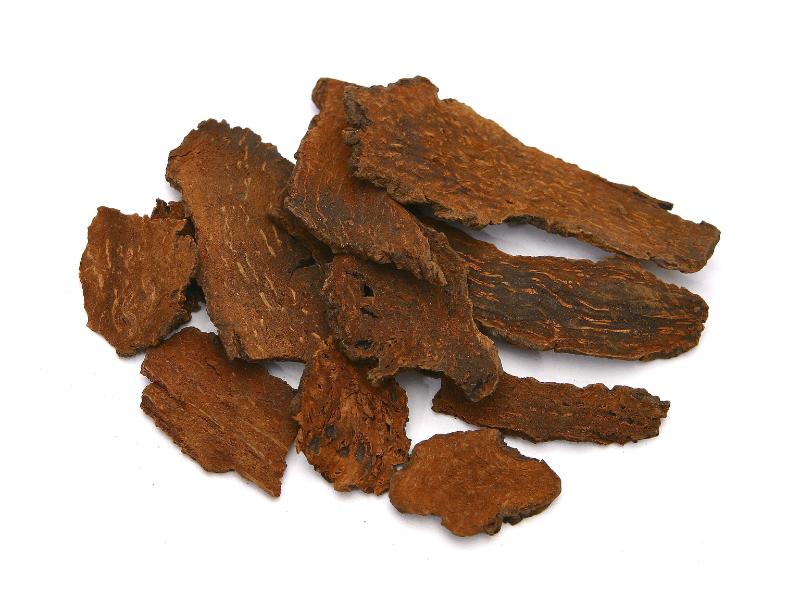Search in medicinals
Cynomorii Herba
Cynomorium
锁阳 〔鎖陽〕 suǒ yáng

Kingdom: Plant
Origin in PRC Pharmacopoeia: Cynomorium songaricum Rupr. (PRC Pharmacopoeia)
Origin in unofficial sources: Cynomorium songaricum Rupr.*; Cynomorium coccineum L.
Use: Medicinal
Category: Supplementing agents / Yáng-supplementing agents
Properties: Sweet; warm.
Channel entry: Liver, kidney, and large intestine channels.
Actions and indications:
- Supplements kidney yáng and boosts essence-blood: Infertility, impotence, limp wilting lumbus and knees due to debility of kidney yáng.
- Moistens the intestines and frees the stool:
Intestinal dryness constipation. - Ròu cōng róng (肉苁蓉 Cistanches Herba, cistanche) is similar in action to suǒ yáng but has a milder longer-lasting effect. The two stand in a relationship of mutual need.
Dosage and method: Oral: 6–12g in decoctions.
Warnings: Contraindicated in the presence of exuberant kidney fire.
Product description: The body of this dried herb is roughly cylindrical in shape, with one end slightly thinner than the other. It is 8–21 cm long, and 2–5 cm in diameter. The exterior surface is red-brown or dark brown, shrunken and wrinkled. Sometimes triangular scales are observable. It is hard and not easily broken. The fracture is granular in texture, soft and brown. The decocting pieces are thin transverse slices 1 cm that are often threaded on a string.
Quality: Long, dry, hard, fat pieces that are a purplish or reddish-brown in color, without any visible stringy sinews are best. When sliced, the cut face should be moist and slightly oily.
Production area: Gānsū, Xīnjiāng, Qīnghǎi, and Inner Mongolia.
Etymology: The name suǒ yáng 锁阳, literally locking yáng,
which apparently reflects the action of safeguarding kidney yang.